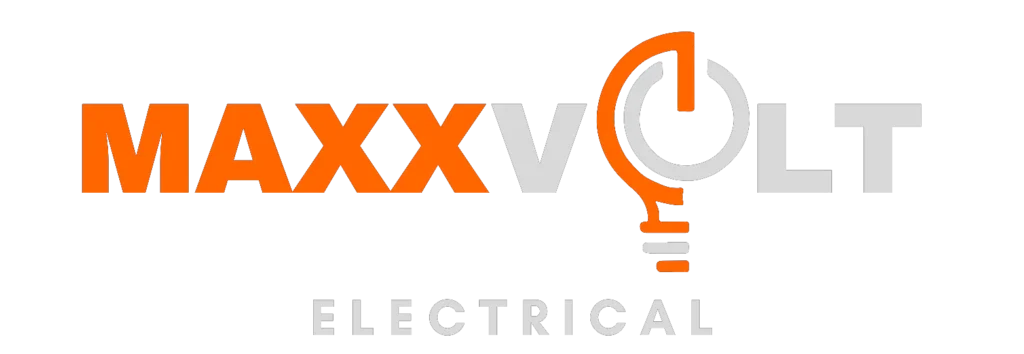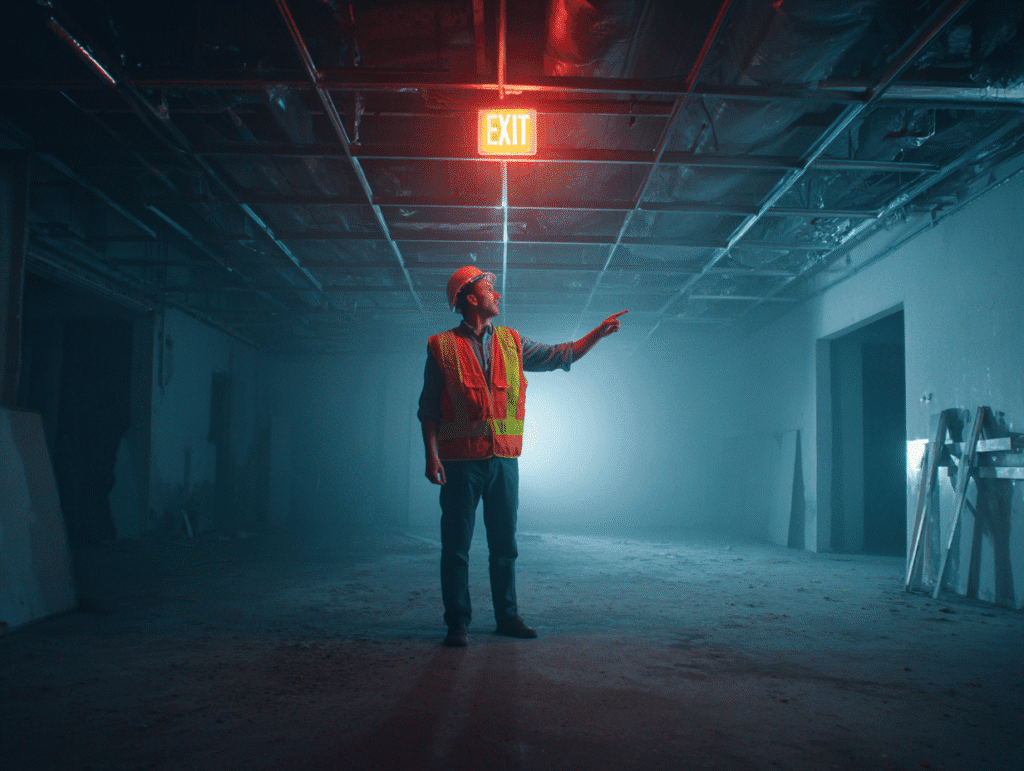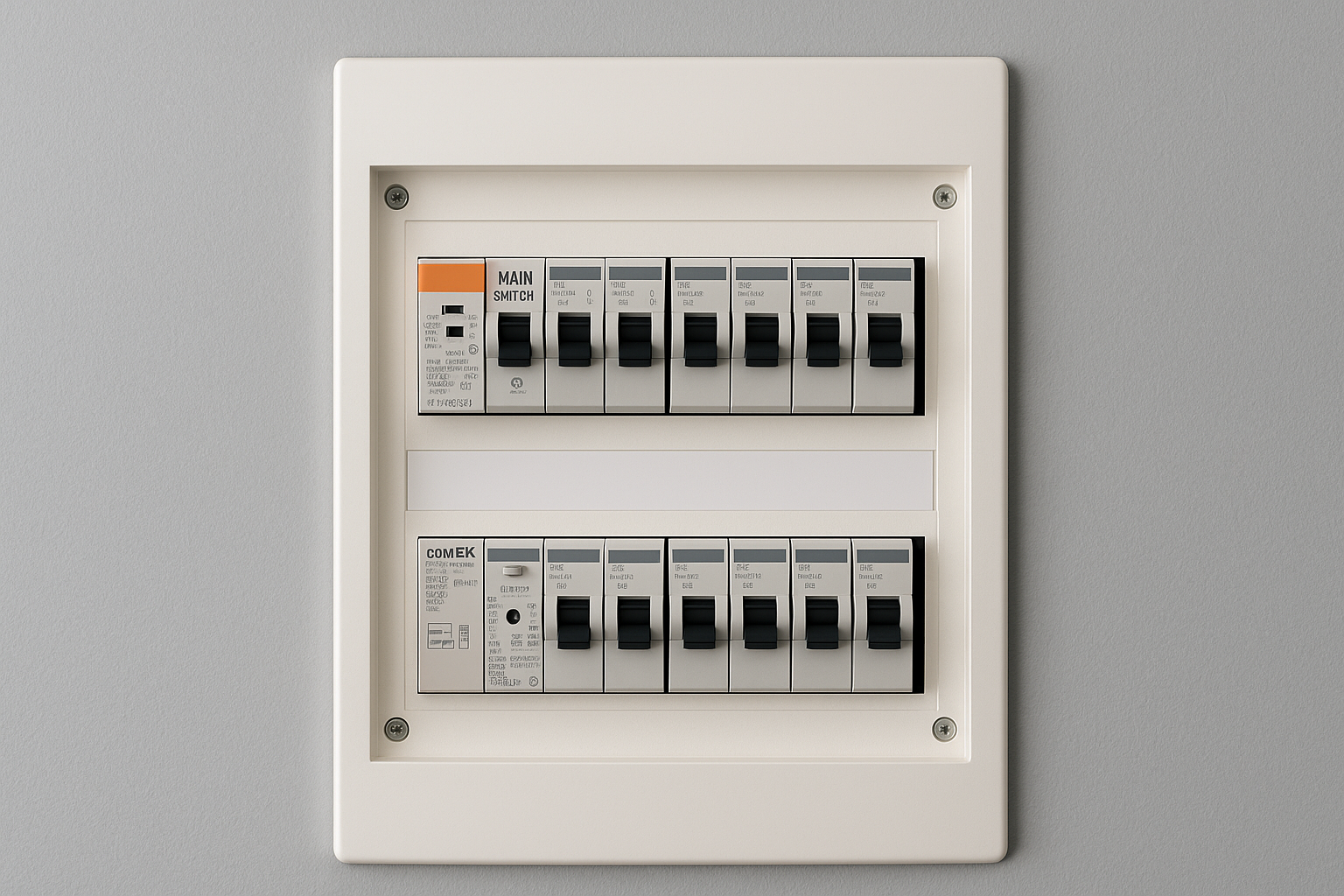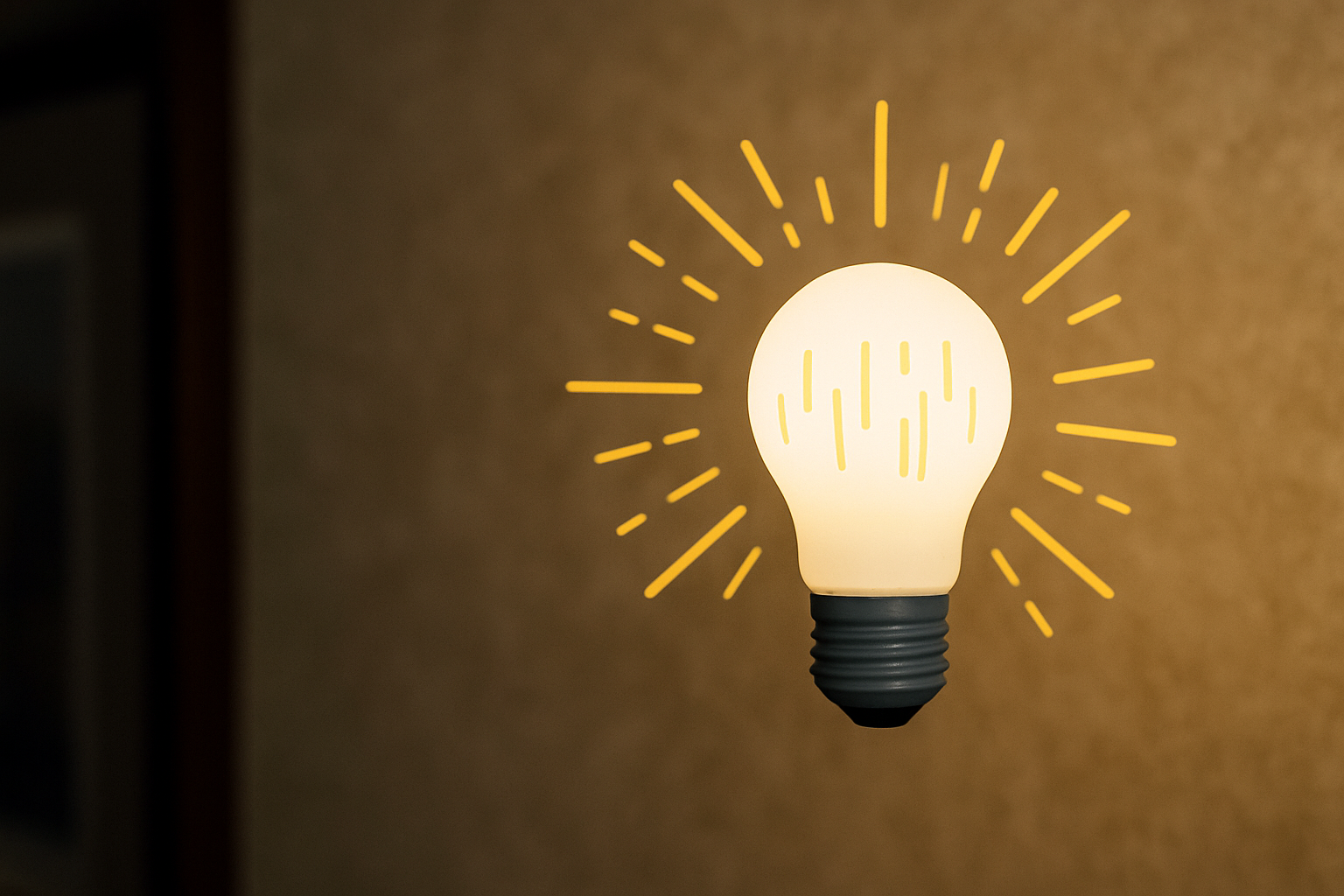Thinking of signing a lease? Read this first.
Opening a new shop or moving into a new commercial space is exciting—but before you sign anything, there’s a lot to consider. From lighting and power points to signage and compliance, the decisions you make before the lease begins will save you time, stress and serious money down the track.
This is your ultimate pre-lease shop fit out checklist, created specifically for Melbourne business owners who want to avoid hidden costs and electrical surprises.
What is a shop fit out?
A shop fit out is the process of preparing and installing all the essential features to make a commercial space functional and ready for business. This includes everything from power outlets and lighting to signage, air conditioning, switchboards, security systems, and compliance with emergency lighting regulations.
If you’re wondering how to do a shop fit out, it starts well before any tools hit the wall. Planning is everything.
Shop fit out checklist before signing your lease
1. Electrical capacity and switchboard setup
Always check whether the existing electrical infrastructure can support your business. If you’re running equipment, commercial appliances, or high-wattage lighting, you’ll need to ensure the main switchboard can handle the load—and that it’s up to current standards.
Tip: Many older Melbourne buildings still use outdated switchboards that can be a fire risk or won’t pass compliance inspections.
2. Power point and data outlet locations
Map out your ideal shop layout and compare it to the current setup. Does the space have enough power points? Are there outlets where your POS system will go? What about internet cabling or a wireless access point?
Moving or adding these after signing the lease is possible, but it’s far more affordable to do it before the space is occupied.
3. Lighting and ambience
Lighting plays a huge role in your store’s atmosphere. Make sure the lighting suits your brand and layout, whether you’re going for bright and functional or warm and ambient. Consider energy efficiency, too, LED lighting is a smart investment.
If you’re unsure how to design the lighting layout, an experienced electrician can help you plan a setup that works for both aesthetics and efficiency.
4. Emergency exit signs and compliance
Emergency lighting and exit signs are legal requirements for most commercial spaces. Before committing to a lease, check the placement of emergency exit signs and test whether they’re functioning.
5. Security system wiring
If you plan to install cameras or an alarm system, it’s often easier to run cables and power them during the fit out stage. Some landlords might already have basic systems installed, if so, ask when they were last tested or updated.
6. Signage power supply
Whether you’re planning a lightbox sign, neon signage, or illuminated branding, you’ll need access to power in the right location, usually on the shopfront or awning.
Rerouting power can be expensive if not planned in advance, so make this part of your pre-lease walk-through.
7. Air conditioning and ventilation
Retail and hospitality venues in particular need proper ventilation and climate control. Does the existing unit work? Is it ducted, split-system, or evaporative? What’s the maintenance history?
An electrician can assess whether the system is efficient—or likely to cost you hundreds in energy bills every month.
8. Fit out timeline and access
One of the biggest causes of shop opening delays is trades not having access when needed. Before signing a lease, clarify:
- When you’ll be able to access the property
- Whether electrical works can begin before the lease formally starts
- If other trades will be working on-site at the same time
The smoother the timeline, the faster your business can open its doors.
How much does a shop fit out cost?
The cost of a shop fit out varies depending on the size of the space and the level of customisation. Electrical fit outs can range from $5,000 for a basic retail setup to $30,000+ for complex or large venues.
Factors that impact cost include:
- The number of power points and lighting fixtures
- Security and data systems
- Air conditioning requirements
- Emergency exit light upgrades
- Whether new switchboards or circuits are required
Can a shop fit out be written off if your business shuts down?
Yes, in many cases the fit out can be depreciated as a business expense. If your business closes, you may be able to write off the undepreciated value. Speak with your accountant to understand what applies to your situation.
Is a shop fit out a current or non-current asset?
Great question! A shop fit out is considered a non-current asset. This means it’s an investment that will provide value to your business over multiple years and is listed on your balance sheet accordingly.
Final thoughts before you sign
A successful shop fit out begins well before the first wire is run. The earlier you bring an electrician into the process, the more likely you are to avoid delays, stay within budget, and meet compliance requirements.
If you’re planning a fit out in Melbourne, talk to Maxxvolt Electrical before you sign the lease. We’ll walk the site with you, identify potential issues, and help you plan the electrical setup for your business.




